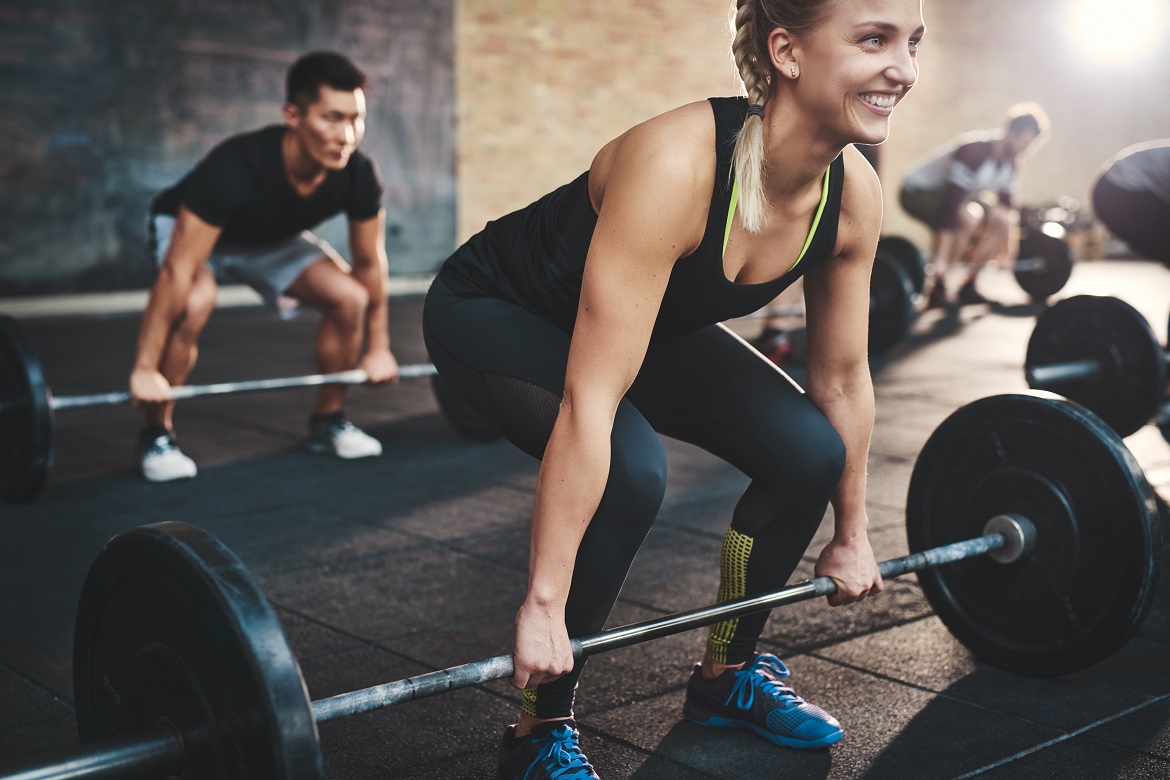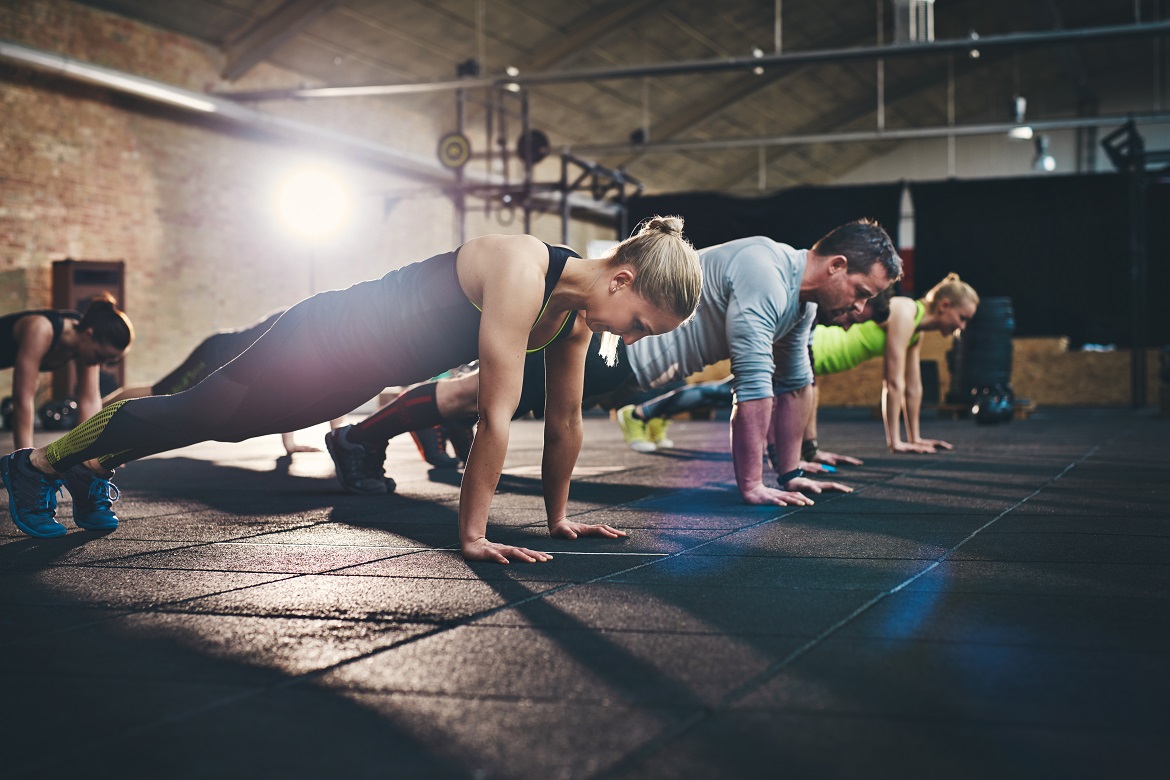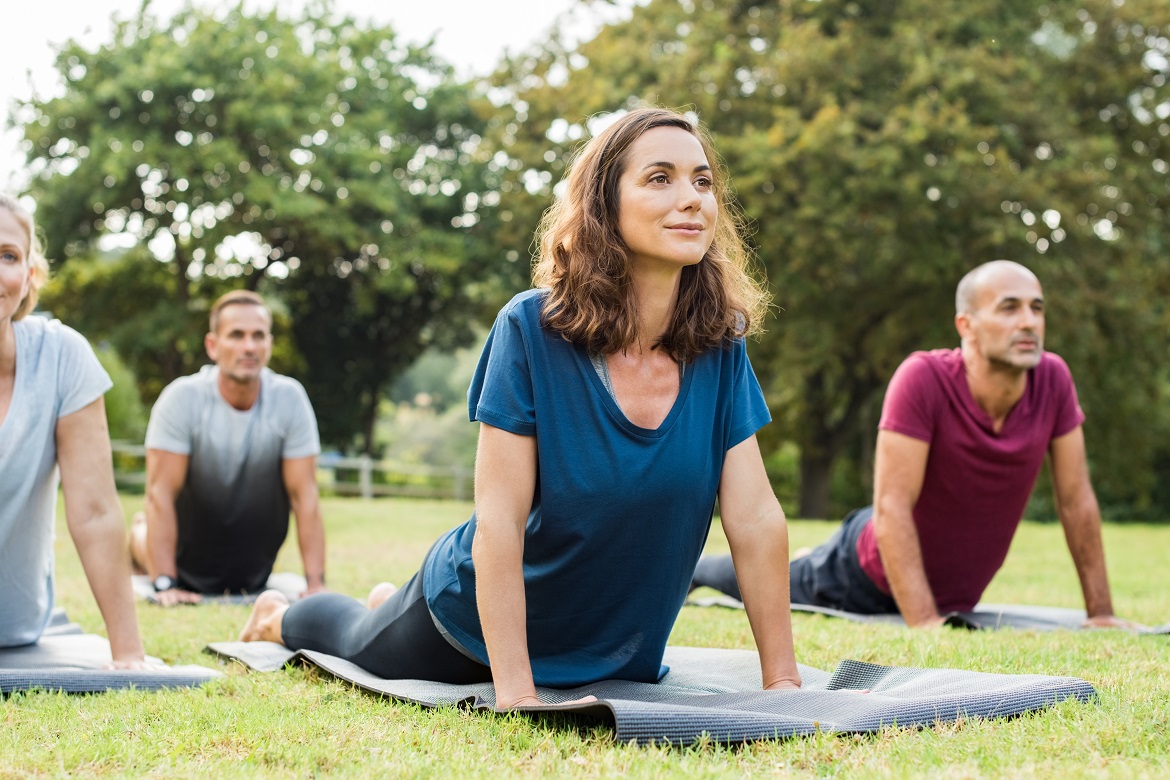
Words: Peter Reaburn
Research reveals an athlete’s physiology declines and the time taken to recover increases with age. Some masters athletes struggle to believe these changes occur and battle against the inevitable. They need to listen to their bodies, train smart, use the principles of training as their guide, train hard but recover harder and cut back on training when the stress of life, family and work gets on top. Here are seven of the most common training mistakes masters athletes need to avoid to arrive at the Pan Pacific Masters Games in top shape:
There is no doubt about it. Masters athlete’s minds are still young. However, our bodies are aging. Research has shown us that as we age, muscle mass drops and the heart doesn’t beat as fast. Thus, speed and endurance, in general, decreases with age. Research has also shown us that our ability to recover from hard training decreases and that for genetic or lifestyle reasons our chronic disease risk factors can catch up with us. These factors mean we need to start training cautiously and slower while recovering longer and smarter and not go out like a ‘bull at a gate’ as we used to.
If there is one lesson I have learnt over the years, it’s how important the principle of ‘progressive overload’ is. Too many masters athletes, particularly those new to sport or not having trained for years, train too hard, too long or too often. Tiredness, overtraining, burnout and injuries are usually the result. The key is to progressively increase how long, how often and how hard we train and in that order.

The key to staying fit and healthy is to progressively increase how long, how often and how hard you train
If you’re feeling tired, a joint or muscle niggles, your training performance is poor, your throat starts to croak, you are ‘short’ with family and friends, then these are signs that you need to rest, recover harder or change your training habits. If not, you’ll pay the price.
Performance-focused masters athletes need to train with intensity. While not every masters athlete wants to win a medal, most of us want to perform at our best on the day. Research on athletes young and old, female and male, sprinters or endurance-based, has always shown the same thing. Intensity (how hard we train) is the key. However, intensity also brings with it tiredness, fatigue and an increased risk of injury. Prepare the body well for the hard work by developing a good base, getting the muscles and joints strong and then progressively building the intensity.
I have a saying, “train hard but recover harder”. For masters athletes this is particularly the case. Research reveals our muscles don’t bounce back like they used to. This means not only taking longer between quality (hard or long) sessions but also being very focused on recovery strategies such as active recovery, compression garments, hot-cold contrast baths/showers, food and fluids, ice (water), pool work, massage, spas and stretching.

Take longer between quality sessions and focus on recovery strategies such as stretching
Most of us have family and work commitments. I have two teenage daughters and a patient wife. I have, at times, a stressful job and community service obligations. All these factors have time demands and thus stress demands. I’ve learnt over the years what the stress research has said for years – that the stress response of exercise and life are the same. Thus, during times of psychological stress, cut back on the intensity, duration or frequency of training and, from my experience, in that priority order!
I see way too many of my cycling or triathlon mates who do what every else is doing. Training with much younger people or following the pack. As we age, our physiology, health, ability to recover and fitness change. While it’s great to train and be pushed in groups, there are times when we need to do our own thing and do what our own bodies are telling us, not our minds!
Peter Reaburn is Professor and Head of Exercise & Sports Science within the Faculty of Health Science and Medicine at Bond University, specialising in masters sport. Learn more about Peter.
The 2018 Mastering Sport Symposium: Performance, Nutrition and Injury Considerations for Older Athletes will be held in conjunction with the Pan Pacific Masters Games and Sports Medicine Australia on Friday 2 and Saturday 3 November at Bond University. Visit masteringsportsymposium.com.au.